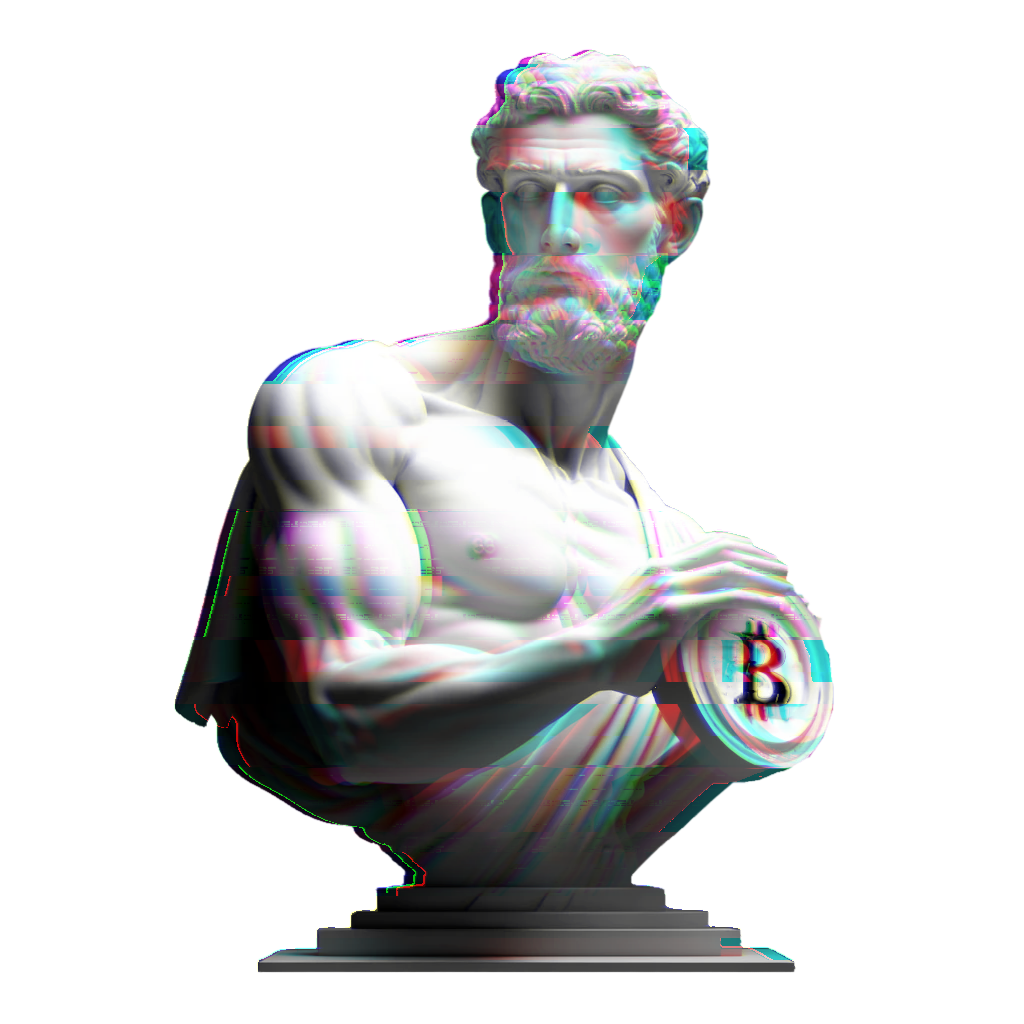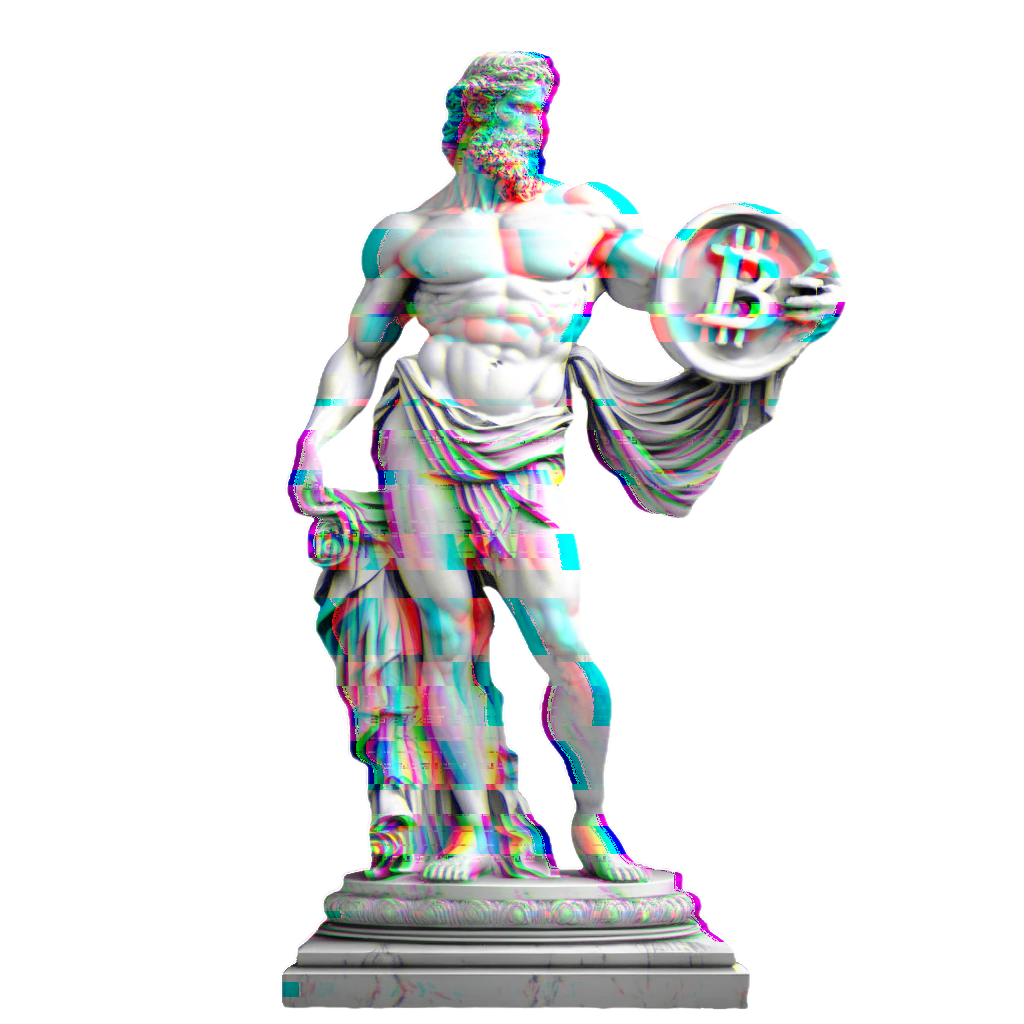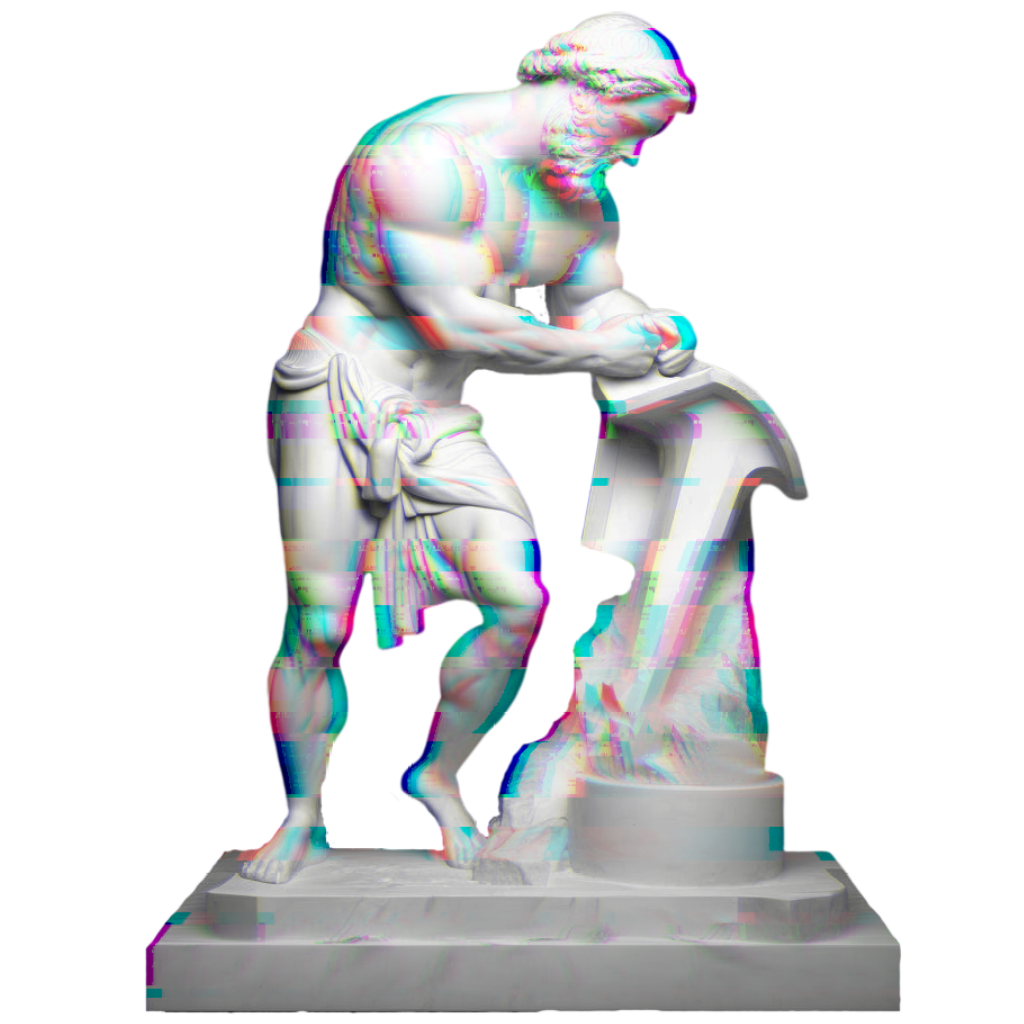
Token design for your project
In today’s fast-paced digital landscape, developing a custom token for your project can offer many benefits, such as facilitating transactions, raising funds, and increasing user engagement. We will delve into the world of tokens and provide you with the necessary information you need to successfully create a token for your project.
What is a token and what features does it have?
A token is a virtual token built on the blockchain network that represents a unit of value, ownership or access rights in a specific ecosystem. Tokens can represent different types of assets, such as real estate, stocks, a ticket of entry, or loyalty points. Tokens can serve different purposes, such as utility tokens, security tokens, or non-fungible tokens (NFTs), each with its own unique uses and benefits.
The token should reflect the essence of your business and be tailored to the customer path. According to market rules, its value should increase as your business grows. Therefore, you can see the importance of its proper implementation.
Token vs. cryptocurrency: differences
While tokens and cryptocurrencies may seem similar, they have distinct differences. Cryptocurrencies, such as Bitcoin or Ethereum, function as a means of exchange and storage of value.
Tokens are digital assets that represent ownership or access rights within a specific ecosystem. Tokens often complement existing cryptocurrencies, enabling new use cases and functionality within a project’s ecosystem.
The token is part of your business, and the cryptocurrency becomes your core business. Having your own cryptocurrency is a technological challenge. We write about it in more detail here.
Why to create your own token?
Creating a custom token can provide several benefits for your project. By issuing a custom token, you can raise funds through an ICO (Initial Coin Offering) or private token sale, encourage user engagement and loyalty, and facilitate transactions and interactions in your ecosystem.
What is Token Utility and its examples
Understanding token utility is essential when building a token for your business. In this section, we will delve into what a utility token is, its importance, and provide examples of what to include in your cryptocurrency ecosystem and how it affects the creation of a token.
The importance of token utility
A well-defined utility of a token is a pillar of success for any bizens behind it. A token’s utility defines its purpose and function in the project ecosystem, providing value to users, investors and stakeholders. Token utility is also responsible for whether your token will be an attractive piece of the business puzzle and generate market demand.
Examples of token utility
Utility tokens
Utility tokens provide users with access to a product or service within a project’s ecosystem. They can serve a variety of purposes, such as granting access to premium features, enabling voting rights or offering discounts on transactions.
Security tokens
Security tokens represent ownership or investment in an asset or project. These tokens often provide holders with profit-sharing rights, dividends or other financial benefits.
Governance tokens
Governance tokens grant holders the right to participate in the project’s decision-making process. These tokens allow users to vote on proposals, suggest changes and play a role in shaping the future of the project.
Non-Fungible Tokens (NFT)
NFTs (non-fungible tokens) are unique digital assets that represent ownership of an object or piece of content. These tokens can be used to verify the origin, track ownership and facilitate the buying, selling or trading of digital art, collectibles and other virtual goods.
Choosing a blockchain network vs. building a token
When choosing a blockchain network for your token, there are several factors to consider that can significantly affect the success of your project. Here are five key factors to keep in mind:
Scalability
Scalability refers to the ability of a blockchain network to handle an increasing number of transactions and users without sacrificing performance. A scalable network can accommodate increased traffic, ensuring that your project can grow without experiencing bottlenecks or slowdowns. When evaluating scalability, consider factors such as transaction throughput, block sizes and consensus mechanisms.
Security
A secure network protects against vulnerabilities, intrusions and other threats that can undermine the integrity of a project. When evaluating security, consider the network’s consensus mechanism, history of dealing with vulnerabilities, and the presence of built-in security features.
Network fees
Network fees, often referred to as transaction fees or gas fees, are the costs associated with executing transactions and implementing smart contracts on the blockchain network. High network fees can discourage users from interacting with your token or using your project’s services. When evaluating network fees, consider the average cost per transaction and the potential impact on the usability and adoption of your token.
Smart contract capabilities
Smart contracts are self-executing contracts with contract terms written directly in the code. If your token requires smart contract functionality, it is necessary to choose a blockchain network that supports the creation and implementation of smart contracts.
Developer support and ecosystem
A robust developer community and ecosystem can contribute significantly to the success of your token. When choosing a blockchain network, consider the availability of developer resources, tools, support and a team of blockchain developers. A strong ecosystem will offer comprehensive documentation, libraries and frameworks to facilitate the development process. Additionally, consider the involvement of a network’s community, which can provide valuable feedback and support innovation.
How to create your own cryptocurrency? – Key steps
Token Utility planning
To determine the utility of a token and plan the process of creating a crypto, you need to evaluate the purpose and function of the token in your project’s ecosystem. Consider the following questions:
- What problem does your token solve or what value does it add to your project?
- How does your token facilitate transactions or interactions within the ecosystem?
- What benefits or incentives does your token offer to users or investors?
The above process of creating a custom token helps identify the main utility of the token and ensure that it serves a clear purpose in your project’s ecosystem.
Tokenomy design
Determining the tokenomy of a token involves considering several key factors:
- Supply: determine the total supply of your token and whether it will be constant or dynamic. Will the token supply be limited or will it expand over time?
- Distribution: outline the methods through which the tokens will be distributed to users, investors or stakeholders. Will you use, token pre-sales, Initial Coin Offering (ICO), airdrops, or other distribution methods?
- Incentives: what does your user or investor stand to gain from your token? This could include staking rewards, rights to manage changes and new features in the project, discounts or other benefits associated with using or owning your token. Determine exactly how this will affect the development of the price each time a particular use is triggered.
A well-thought-out tokenomic model is designed to ensure that your token works effectively in your project’s ecosystem, encourages user engagement and investment, and ensures that you can grow your project long-term without unforeseen market fluctuations.
Choosing a blockchain network
When choosing a blockchain network to create your cryptocurrency, consider the following factors:
- Scalability: Does the blockchain network support high transaction throughput and have the ability to scale as your project grows?
- Security: How secure is the blockchain network and what measures are in place to protect against attacks or vulnerabilities?
- Network fees: What are the transaction fees associated with the blockchain network and how will they affect the usability and adoption of your token?
By carefully evaluating these factors, you can choose the right blockchain network for your token, ensuring that it meets the technical requirements, token standards and performance expectations of your project.
When you DON’T need your own token
While tokens can provide many benefits, not every project or business requires a token. Before developing a token, carefully evaluate whether the project really needs a token or whether existing solutions can meet your needs. Issuing a crypto token can lead to increased complexity, legal challenges and potential objections from users.
Check the legality of your cryptocurrency
Familiarize yourself with the relevant regulations and seek professional legal advice to ensure that your own crypto complies with all applicable laws. Taking these precautions can help you avoid legal pitfalls and protect your project from potential sanctions or penalties.
Requirements for a token for listing on a cryptocurrency exchange
To list your token on a cryptocurrency exchange, you must meet certain requirements and guidelines set by the exchange. And exchanges have different requirements for the information they provide and the communication process. Preparing for listing includes ensuring that the technical and security aspects of your token are up to standard, providing detailed documentation, and completing all necessary compliance and due diligence procedures.
Token concept
Before launching a token on the market, it is a good idea to confront your idea with experts. This process involves evaluating the token’s usability, tokenomics, legal compliance and potential market demand. By adjusting your token idea based on the feedback, you can refine your token concept and thus increase its chances of success.
Creating a token or cryptocurrency for your business
Tokenizing a business and creating your own cryptocurrency or your own token is a big undertaking. When running a business you understand the law of supply and demand. The process with us is based on analyzing your business, adapting it to the needs of the Web 3.0 world. If your business in this form continues to attract you. Then together we will create a new business environment using tokens and the law of supply and demand.





